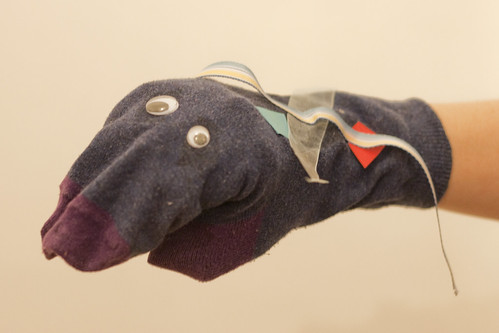If you are intentionally deceptive with your communications, you're doing it wrong. Two recent cases of fake identities and deceptive misrepresentation should give pause to PR pros from using these types of unethical tactics that harm the profession:
#1 The Case of Burrito that cried wolf
According to Mashable, the Chipotle brand looked like its @ChipotleTweets account had be hacked due to a "series of confusing and seemingly random tweets over the course of an hour." In a Mashable follow-up post, the company admitted through a spokesperson that it faked having its account hacked as part of a publicity stunt tied to its 20th anniversary promotional campaign. (Wait, what!?)"'We thought that people would pay attention, that it would cut through people's attention and make them talk, and it did that,' Chris Arnold, a Chipotle representative, told Mashable in an interview. 'It was definitely thought out: We didn't want it to be harmful or hateful or controversial.'"While not getting into a content marketing/advertising debate on whether or not brands should/should not lie to generate buzz, customers, etc. I'll just go with this is wrong and it fails the ethics smell test.
Sorry all. We had a little problem with our account. But everything is back on track now! - JoeNope, there was never "a little problem" with their account. They knew exactly what was going on, and that's the troubling part.
— Chipotle (@ChipotleTweets) July 21, 2013
I sincerely hope a public relations professional was not in the vicinity of this final decision by Chipotle. A good PR pro worth her/his salt would advise against an online misrepresentation tactic because it makes the brand look ethically-challenged.
Related:
- Why The Chipotle Twitter "Hack" Puts Us All In More Danger
- Chipotle Fakes Twitter Hack for 20th Anniversary Publicity Stunt
Speaking of failing the ethics smell test...
#2 The Case of the smelly Sockpuppet
A former well-known Dallas/Ft. Worth TV news anchor turned communications consultant was recently outed for work "as a consultant for Dallas police-fire pension lawyers, used online aliases to attack opponents and promote pension officials" as well as a downtown Dallas luxury residential high-rise. Repeat after me: creating and using fake social media profiles for the purposes of misrepresentation and obfuscation is wrong, wrong, dirty and wrong.Thanks to the Dallas Morning News for investigating this sockpuppetry and special thanks to Fort Worth Star-Telegram columnist, Bud Kennedy for shedding light on this from a communications professional perspective referrencing the PRSA Code of Ethics.
Communications professionals call it other names.
“The use of deceptive identities … constitutes improper conduct” under the ethics code of the New York-based Public Relations Society of America, the leading professional organization.
A word is underlined for emphasis: Professionals “should not engage in … anonymous Internet postings.”Thanks, Bud.
###
A "special obligation to operate ethically"
PRSA affirms its commitment to ethical practices, stating that “the level of public trust PRSA members seek, as we serve the public good, means we have taken on a special obligation to operate ethically.” Members are called to “serve the public interest by acting as responsible advocates for those we represent” and “provide a voice in the marketplace of ideas, facts, and viewpoints to aid informed public debate.”But haven't the rules changed a bit because of social media, culture, and online activities? The short answer for PR pros: No! The ethical values of advocacy, honesty, expertise, independence loyalty and fairness are still true today for professional communicators.
In 2008, PRSA issued among its advisories one that directly addresses the question of deceptive online practices and the misrepresentation of organizations and individuals and includes the following statement:
The use of deceptive identities or misleading descriptions of goals, causes, tactics, sponsors or participants to further the objectives of any group constitutes improper conduct under the PRSA Member Code of Ethics and should be avoided. PRSA members should not engage in or encourage the practice of misrepresenting organizations and individuals through the use of blogs, viral marketing, social media and/or anonymous Internet postings.Photo credit: darrenkw via Flickr Creative Commons

